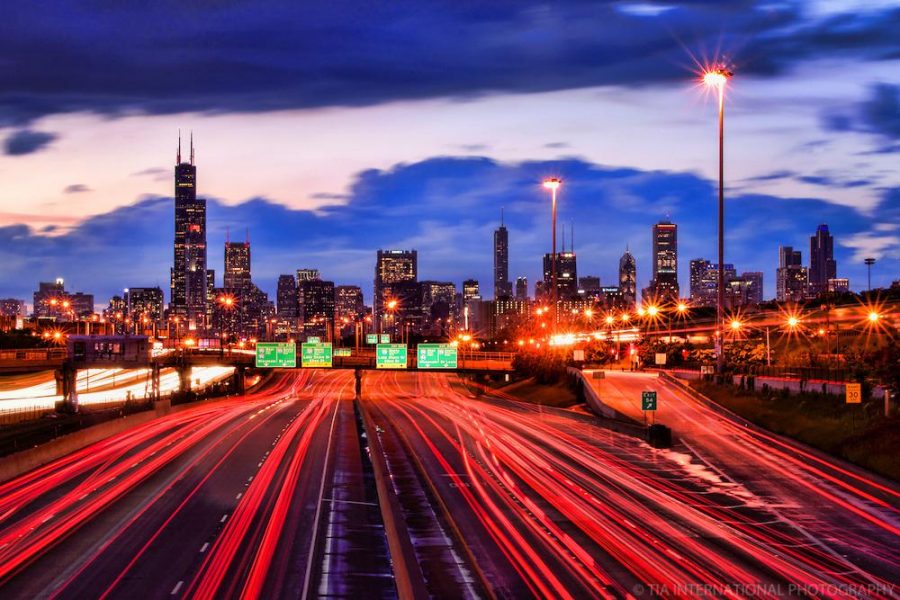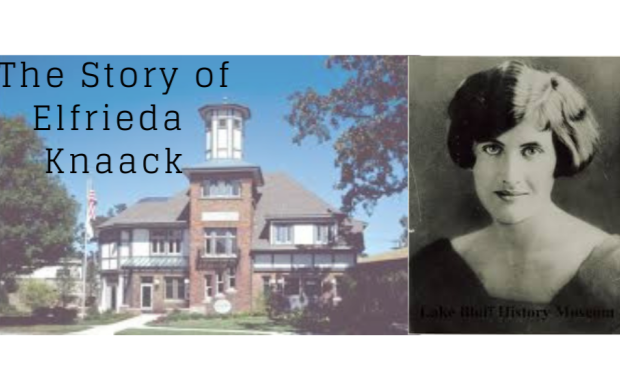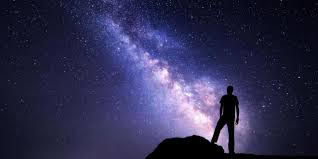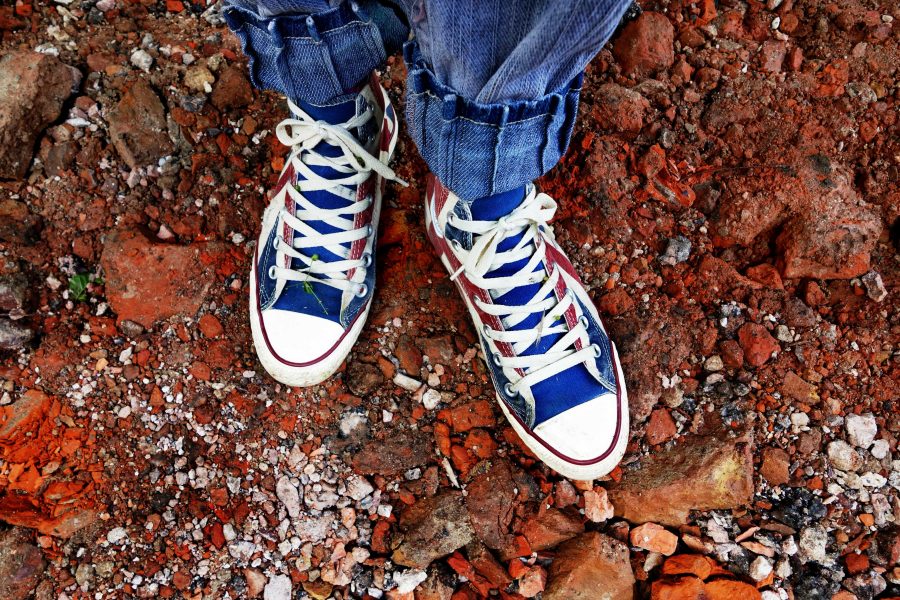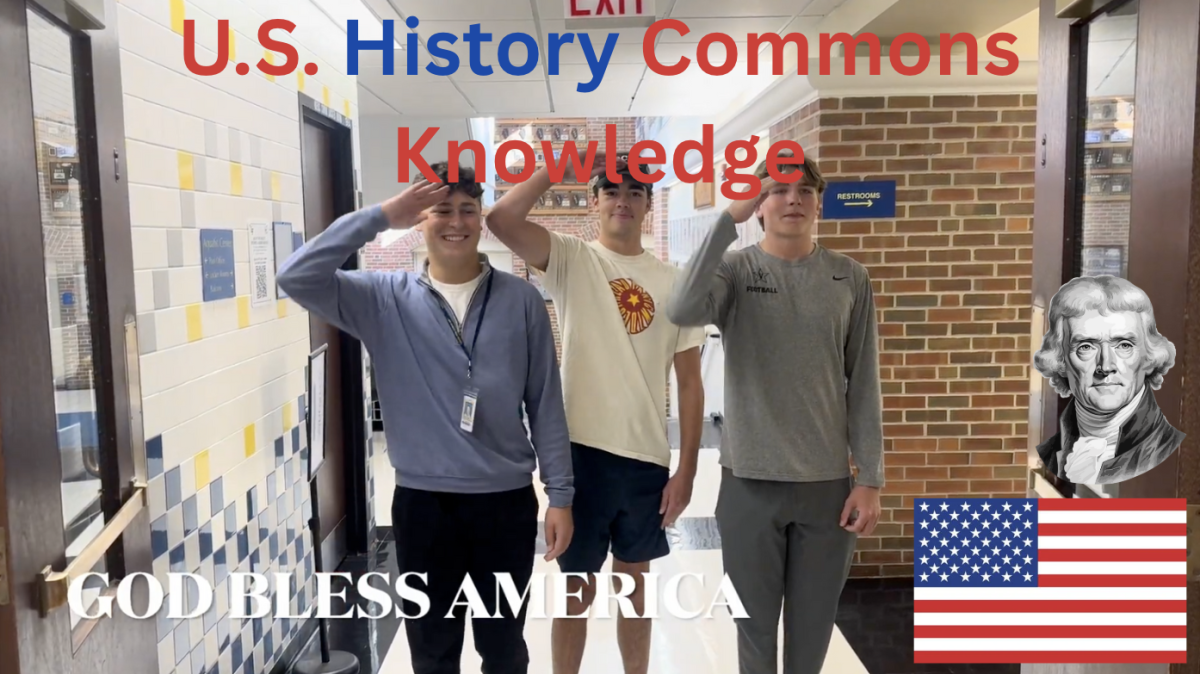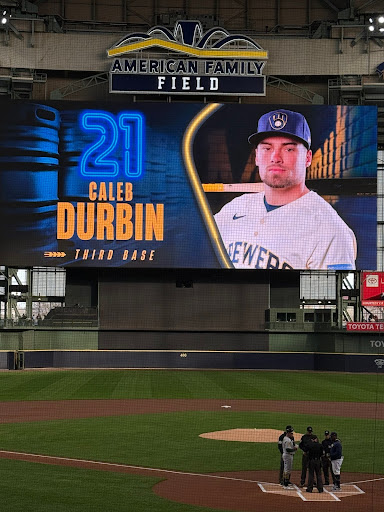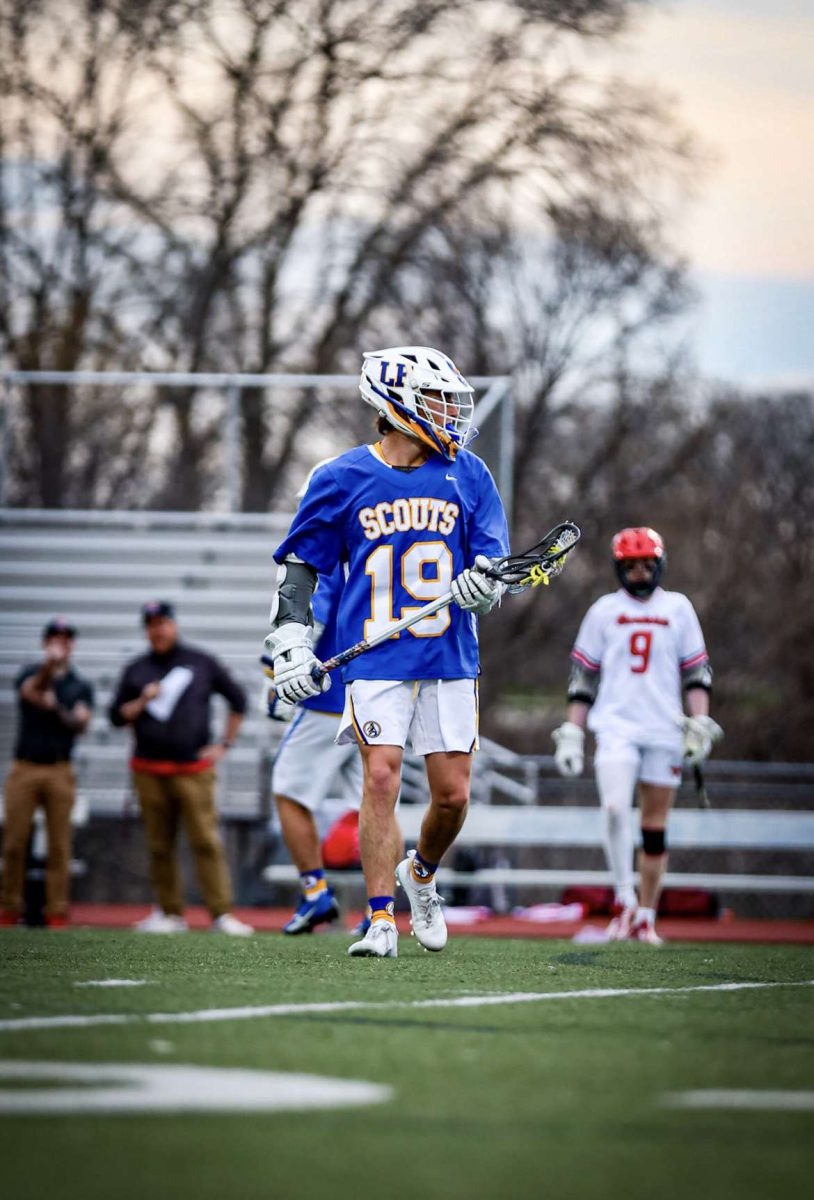I heard a story once that involves traffic, roads, and speed, but more fittingly, trust and truth.
Driving apathetically towards his destination, a man sits behind the wheel of his car, conscientious of his speed, exactly four or five miles-per-hour over the posted speed limit. He is obedient, meticulous, and careful, continually observant of his surroundings and all the “signal, lane, shoulder check” type of procedures that driving on a freeway can entail. Hastily, a 2-door sedan zooms past him at a remarkable speed, whizzing through dotted lanes of traffic as if they were merely cones in a closed obstacle course. The clamor of car horns and four letter words instantaneously erupt as the driver races towards their destination ahead of a violent hum from their engine, only to be stopped by a red light some half mile ahead. As the light stalely remains at red, the cautious storyteller approaches that same intersection as his car rolls up slowly alongside. After a fleeting moment of reflection, he begins to slowly roll down his driver side window in order to probe the supposedly reckless heathen of highway hustle. The driver, a middle-aged Asian woman, obliges the deed, rolls her own window down, and awaits a response from the storyteller.
In a combination of rhetorical questioning and utter and complete disbelief, the storyteller inquires, “What are you doing?” in one of those paternal voices mixed with reproach and concern.
After an unrestful moment of unperturbed silence, she glanced back at him—confused and worried—and replied, “I–I don’t know.” A default look of nothingness written across her face.
She didn’t know. She told the truth. The truth ends every conversation.
As it goes in life, the treasures of truth and trust are perhaps the most coveted aspects of our existence. We only trust people who tell the truth. But we must have instilled trust before we can handle the truth from them. This certain reciprocity and dependency on each other is vital, for without trust and truth, what do we really have?
Still, these essential pieces of our lives aren’t given—laid to us in our lap inherently as people—or instantly gained; in fact, they are often considered the hardest parts of our relationships to build. We are fearful of trust because we know the truth, perhaps, and know that not everyone can be trusted. I suppose, though, that the aforementioned, seemingly insignificant story about a middle-aged Asian woman pushing 90 miles-per-hour and crocheting through traffic is a paradigm for our trust in society. Not its overall humanity, that is less abstract and believable yet. I think we can all affirm that in some degree the world can be a good place, but individual people we have harder time pigeonholing as true, just people in our society. All of them. We trust them singularly? I would argue that we do. Traffic is my purest example.
Think of the careful driver: the slow tick of their blinker exactly 100 ft. in advance of their intended turn, the careful and steady grip of their hands on the wheel—both hands, mind you—perfectly at 10 and 2. It is sometimes all of us, but it always fails to universally blanket the description of someone on the road. Young or old, male or female, Fiat or Ford Ranger.
Then think of the careless greed mongrel. The one who rides the shoulder to avoid traffic; the one that cuts in at the last possible second after unlawfully passing a parade of patient people; the ones whose place to get to is so supremely more important than everyone else’s that they sacrifice the rigidity of “the rules of the road”. We have been that person, too. We’ve all been there. Perhaps that’s why we forgive him (or her) after a fleeting moment.
There are things that set us off. There are thousands of variables that dictate our behavior on the road, whether they are stemming from our previous destination, our future destination, or our current situation with who is or isn’t in the moving vehicle.
We trust the oncoming headlights on a slow turn without a guard rail; we trust the rolling vehicle to halt at the four way stop as we accelerate through; we trust the inching right turner to know that he can’t get out in front of traffic; we trust them to obey the rules that we so often bend ourselves. It is ostensibly obvious that people realize that they are risking their lives when they drive—that’s why we have airbags and blind spot protectors and those little triangular car hats that signal others to take note of an undoubtedly nervous “beginning driver”.
Very rarely in life do we take the time to acknowledge a bystander that we do not know or recognize; we move past them in the hallways of schools or at the doctor’s office; we waltz by them in the aisles of the grocery store without breaking stride; they move in crowds across the street and we feel uneasy as they inch towards sharing our ‘personal space’ on a crowded train. It is with only our lives that we trust them—the precious cargos of our worlds—which seems a bit backwards at times, but is also likewise enduringly pure. Perhaps it’s our last great trust as people.
Roughly 61% of Americans use an individual vehicle as their primary source for transportation. More than half of our country is on the road—sharing the New Jersey Turnpike and the Golden Gate Bridge and all the loose gravel roads in the rural Midwest that connect the two.
With all of our ongoing judgments displayed readily on our faces as the human race continues to both impress and dishearten us as we move towards the future, if we trust one thing, it’s not ourselves. It’s somebody else.

